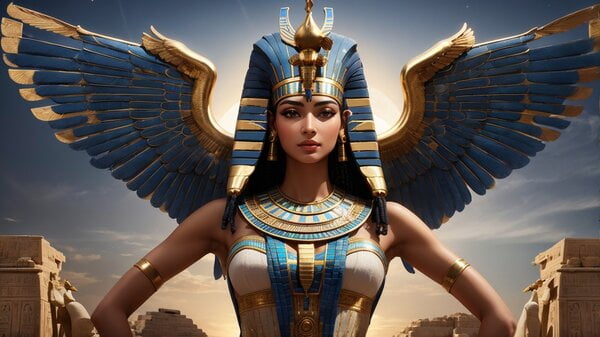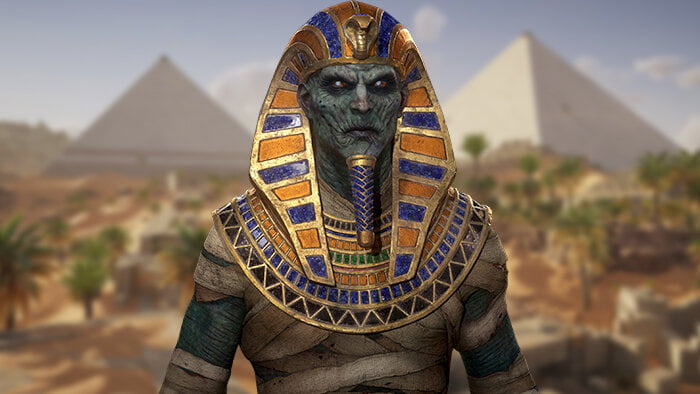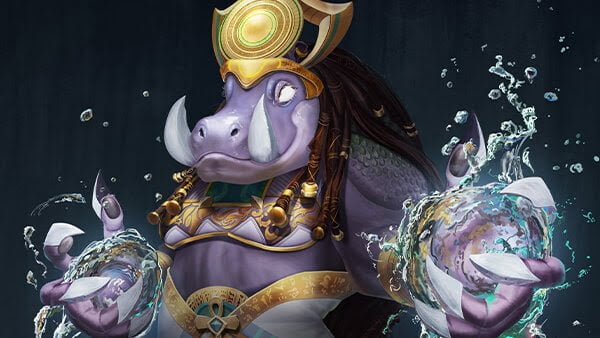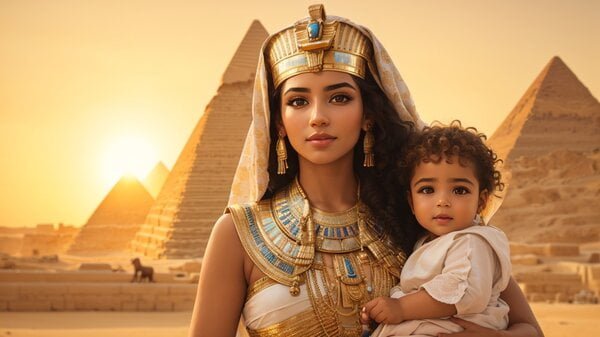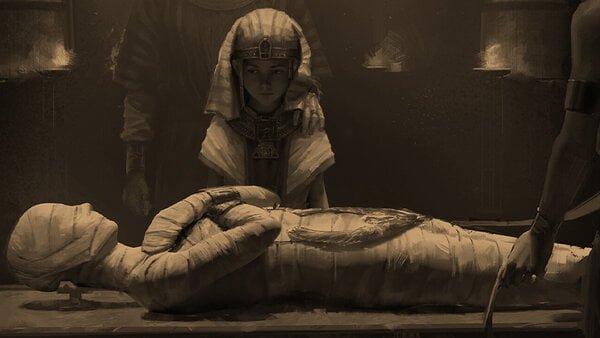The Egyptians created a complex cosmology and pantheon of gods that influenced every aspect of their lives, from religion to politics. Egyptian mythology features a wide panoply of gods and goddesses, each with specific attributes and roles in the universe. Some of the more prominent gods include:
- Ra: The sun god, considered the supreme god in many eras of Egyptian history. Ra traveled across the sky in his solar boat during the day and fought the forces of chaos at night.
- Isis: The goddess of magic, motherhood and protection. Isis is known for her role in the resurrection of her husband Osiris and as the mother of Horus, the falcon god.
- Osiris: The god of the afterlife and the final judgment. Osiris was killed and torn to pieces by his brother Seth, but was later resurrected by Isis.
- Horus: The falcon god, son of Isis and Osiris, and one of the most revered gods. Horus symbolizes justice and royal power, and is considered the patron of the pharaohs.
The Egyptians had a deep belief in life after death, and an essential part of their mythology was the «Book of the Dead». This funerary text contained a series of spells and prayers that were placed in the tombs to help the deceased on their journey to the Afterlife. It was believed that the deceased would face trials and be judged by Osiris and other gods before being able to attain eternal life.
The construction of Egypt’s pyramids, such as the Great Pyramid of Giza, is shrouded in mystery and has led to numerous theories and speculations. Many believe that these majestic structures had a religious and funerary purpose, and were designed to serve as tombs for the pharaohs and temples for the gods.


